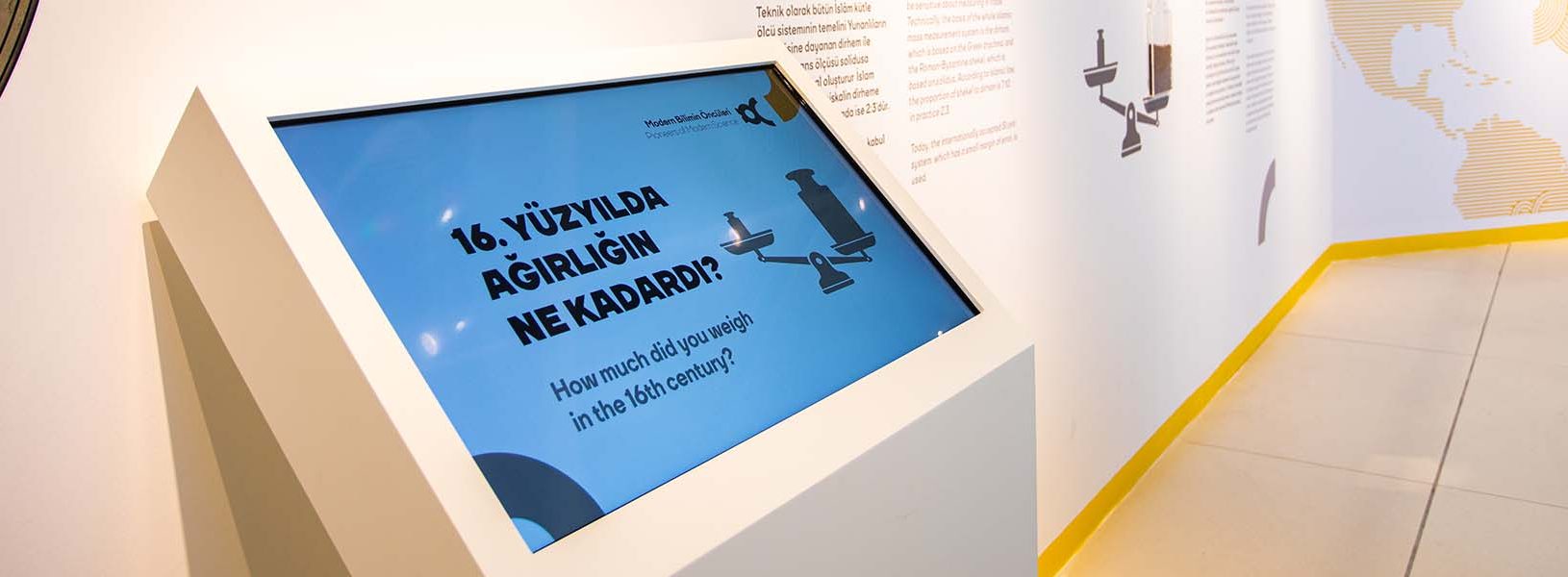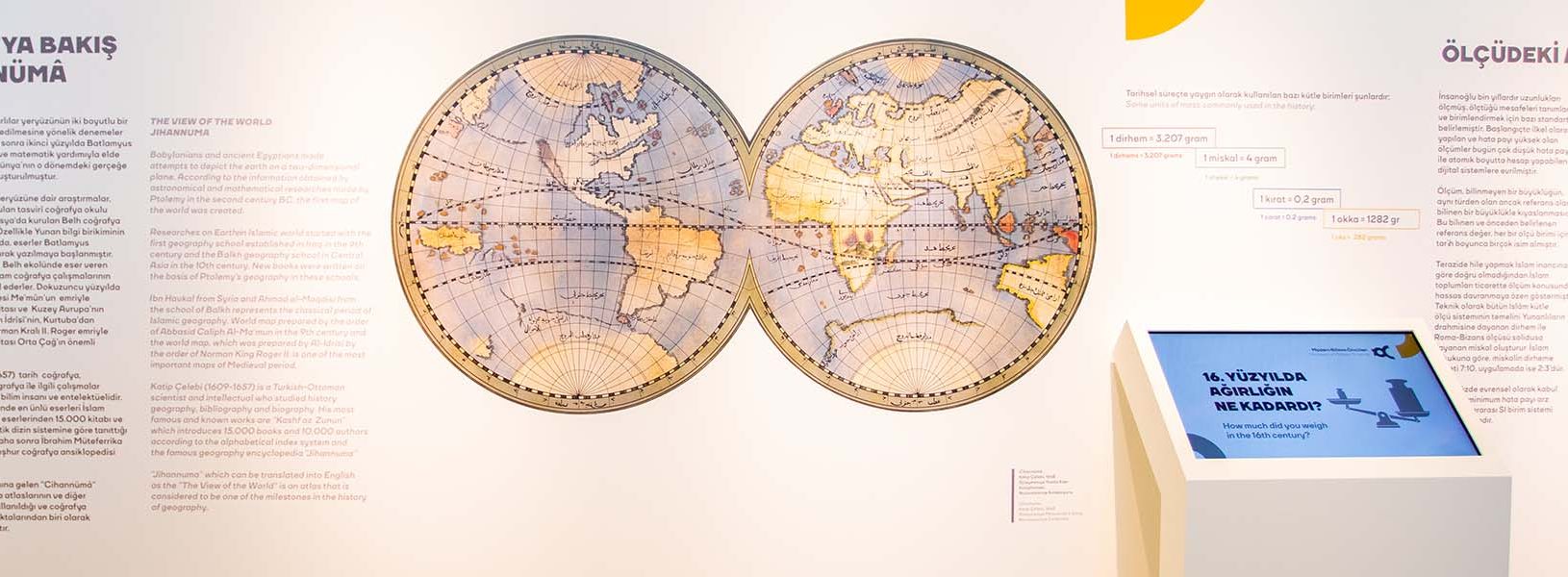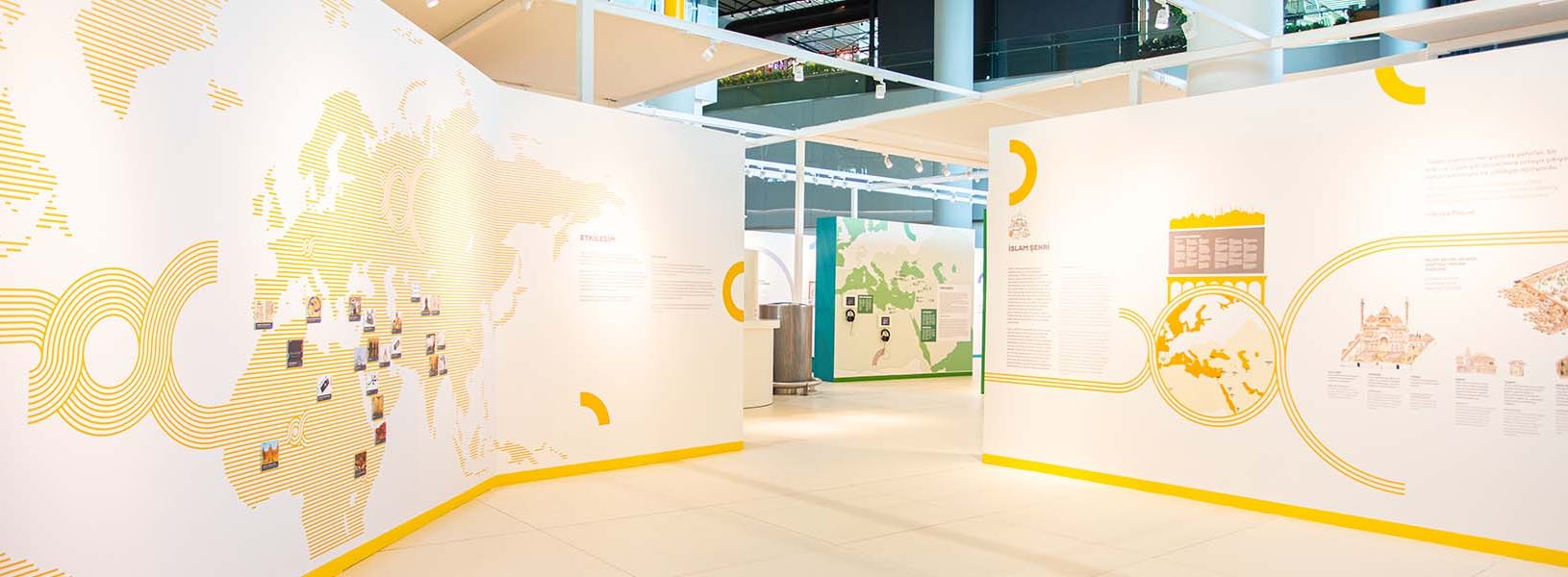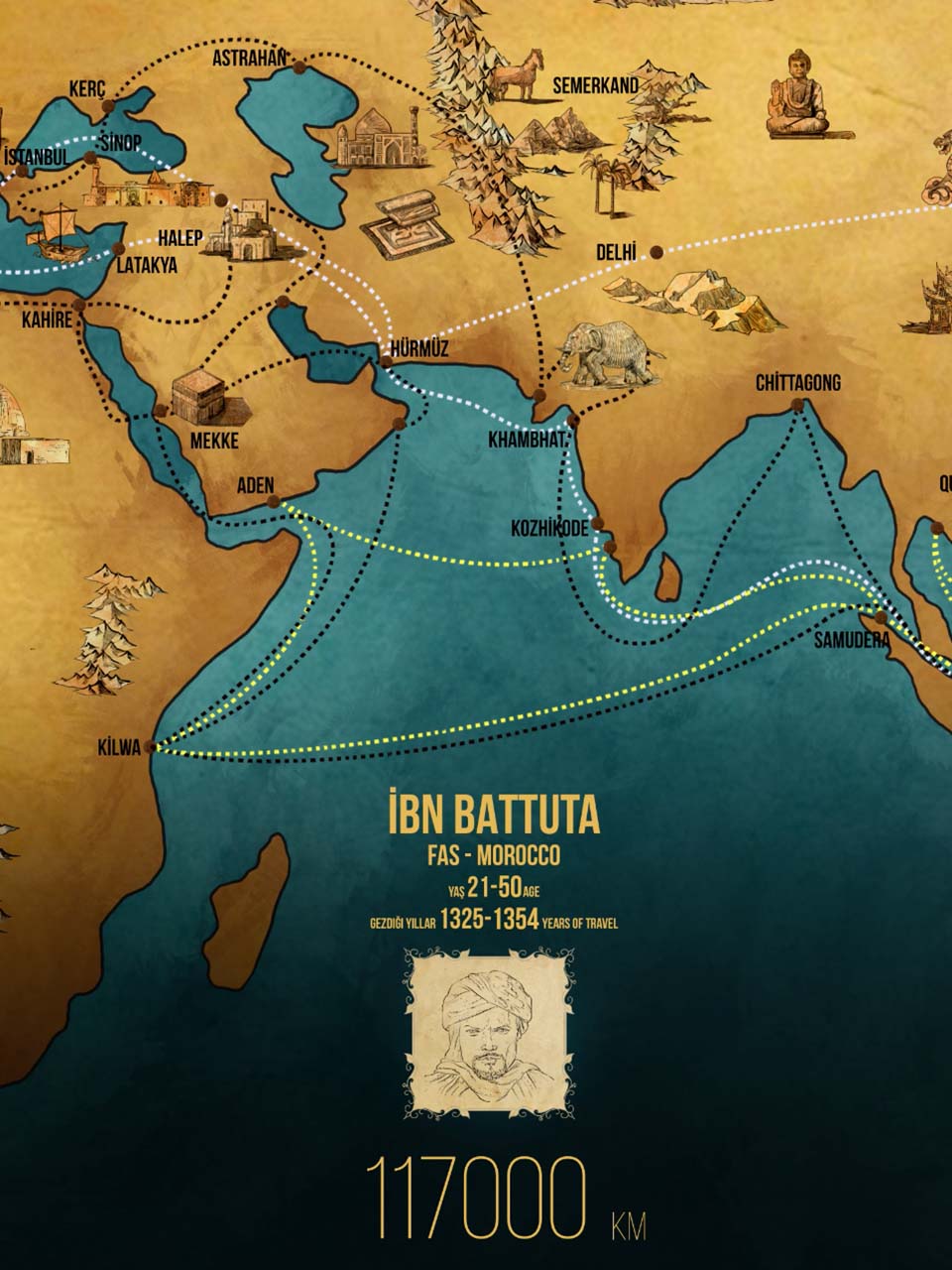
THE GREATEST EXPLORER OF ALL TIME
Ibn Battuta, (1304-1369) is the greatest explorer of all time and the author of the famous travelogue known as “Rihletu Ibn Battuta”. He also worked as a judge in some places where he traveled. Ibn Battûta, who set out with the intention of carrying out the pilgrimage from Tangier when he was only 22 years old, went on seven different journeys which took twenty-nine years. He traveled to Spain, North Africa, Central Asia, Asia Minor, Eastern Europe, India, the Maldives and China. He conveyed important information about the places he visited in his travelogue. Travel distances compared, he surpassed famous travelers in history with a distance of about 73,000 miles (~ 117,500 km).
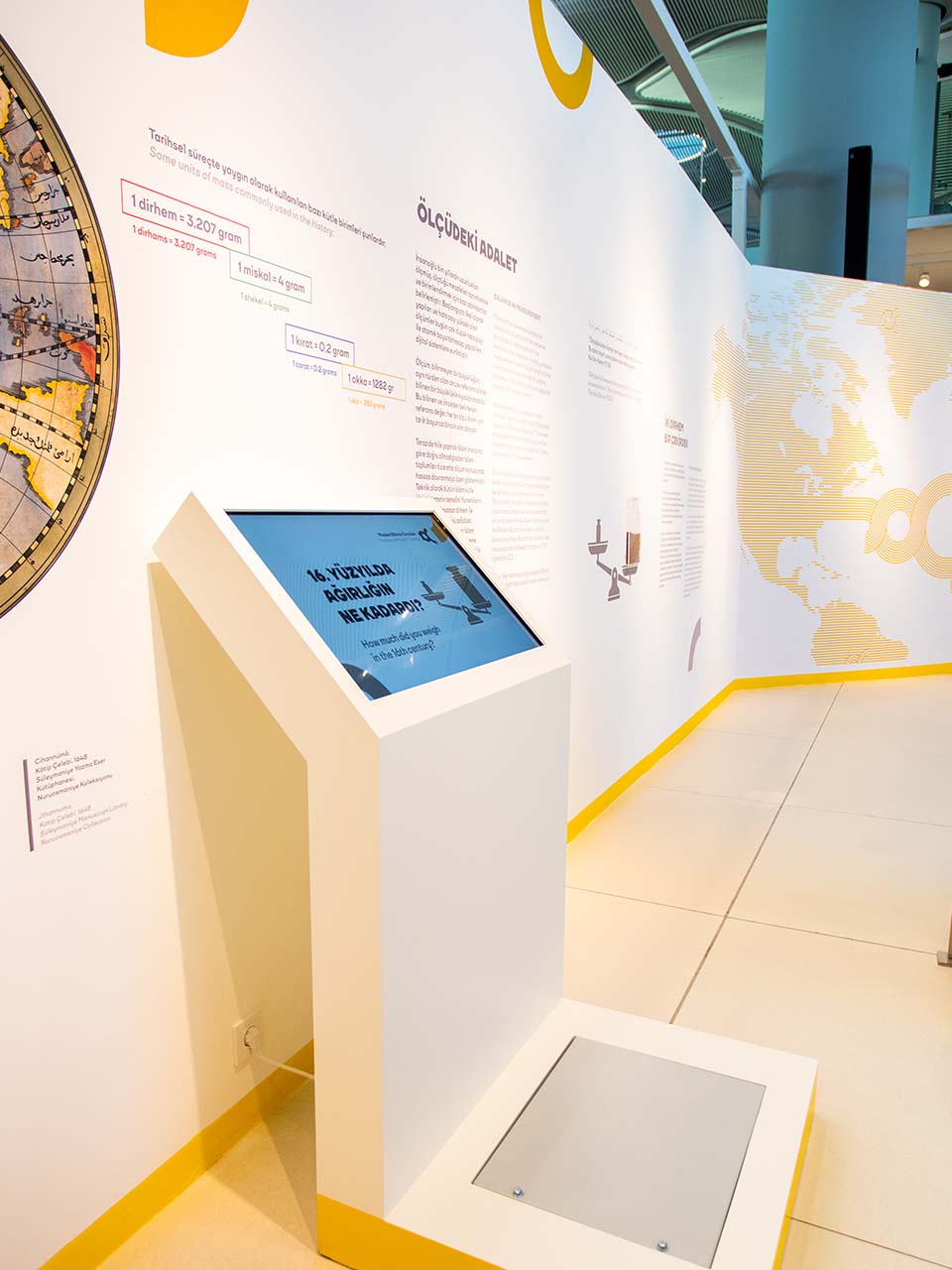
BALANCE IN MEASUREMENT
Mankind has measured lengths for thousands of years and has set some standards to define and unit the distances they measure. Initially, primitive measurements with a large margin of error have now evolved into digital systems capable of calculating very precisely with a very small margin of error.
Since fraud is not right according to Islamic belief, Islamic societies have taken care to be sensitive about measuring in trade. Technically, the basis of the whole Islamic mass measurement system is the dirham, which is based on the Greek drachma, and the Roman-Byzantine shekel, which is based on solidus. According to Islamic law, the proportion of shekel to dirham is 7:10, in practice 2:3.
Today, the internationally accepted SI unit system, which has a small margin of error, is used.
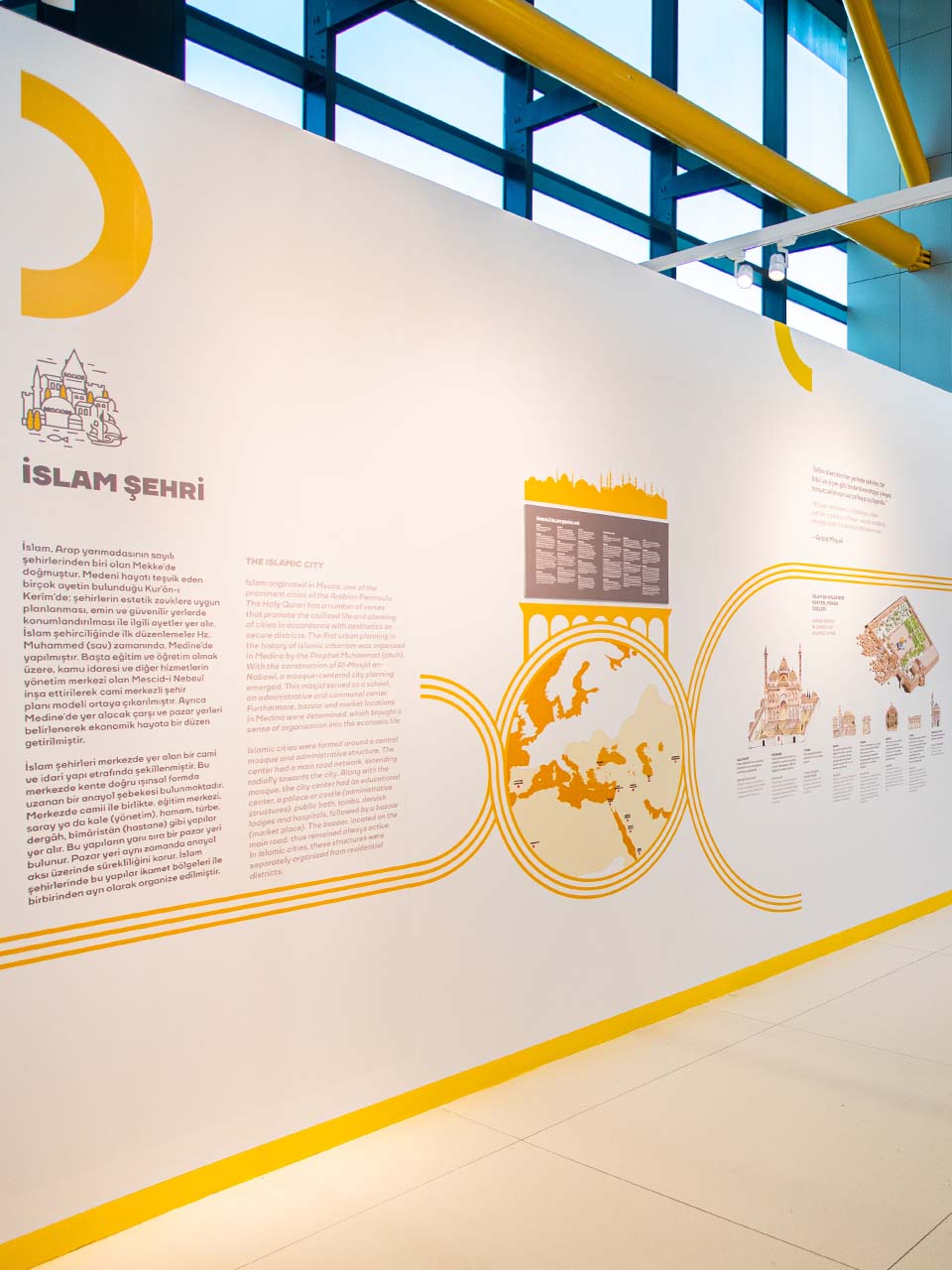
THE ISLAMIC CITY
Islam originated in Mecca, one of the prominent cities of the Arabian Peninsula. The Holy Quran has a number of verses that promote the civilized life and planning of cities in accordance with aesthetics on secure districts. The first urban planning in the history of Islamic urbanism was organized in Medina by the Prophet Muhammad (pbuh). With the construction of Al-Masjid an-Nabawi, a mosque-centered city planning emerged. This masjid served as a school, an administrative and communal center.
CIVILIZATION
The integration of cultures and societies through science and art has always yielded very effective results. Muslim travelers had a great role in the interaction between civilizations. Commercial development, high-level urbanization and the vitality of the intellectual life being the elements of the existence of Islamic civilization had been made possible by being open to the accumulation of integration with different societies. In this way, the principles of life, food and beverage culture, trade system and currents of thoughts that Islam has established in social life, have touched and transformed many civilizations in the world.

